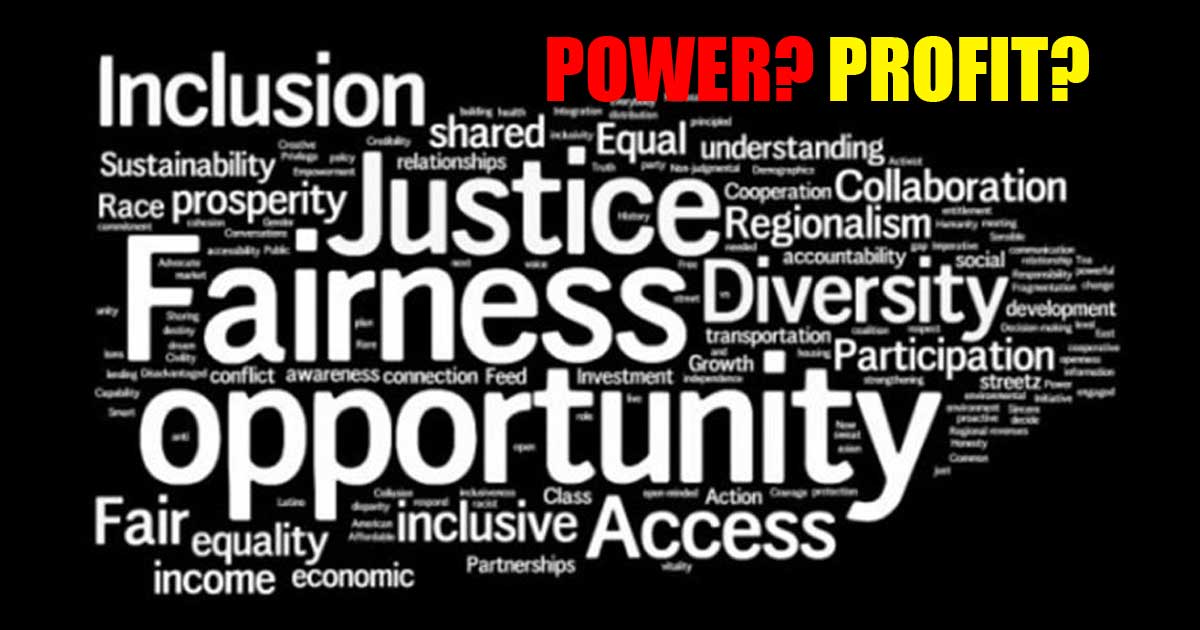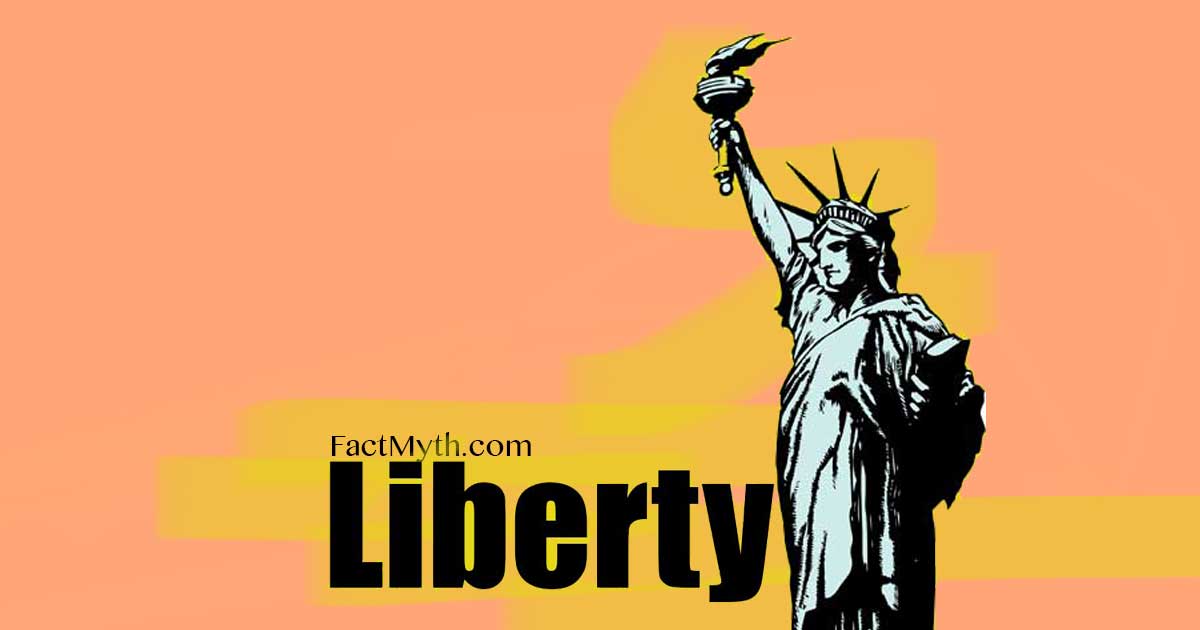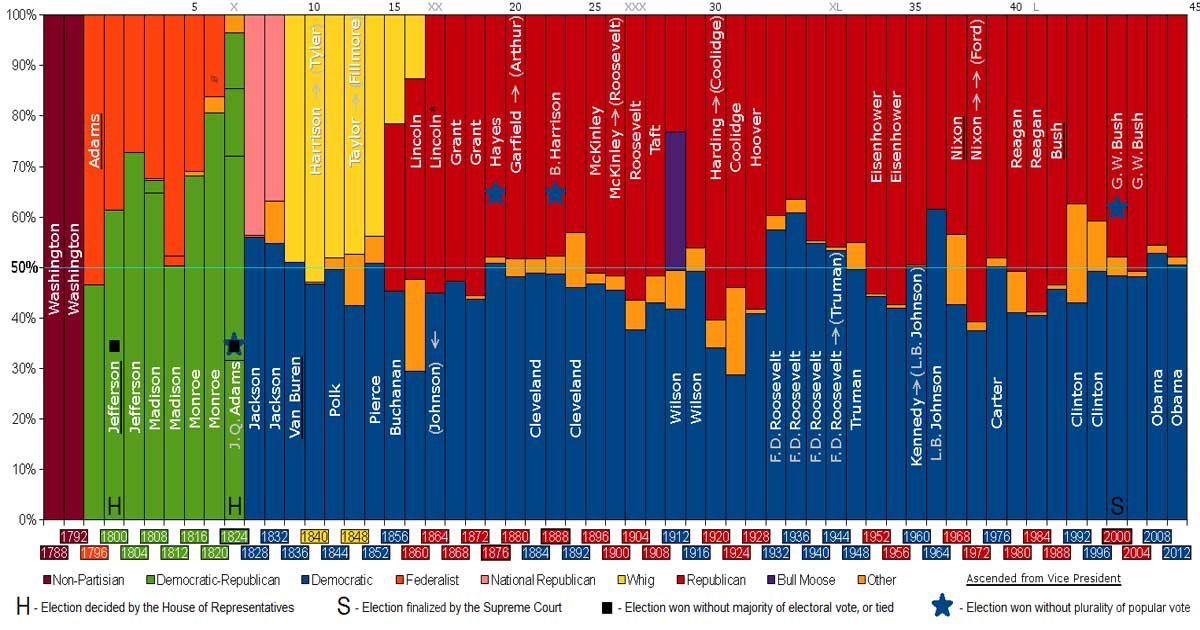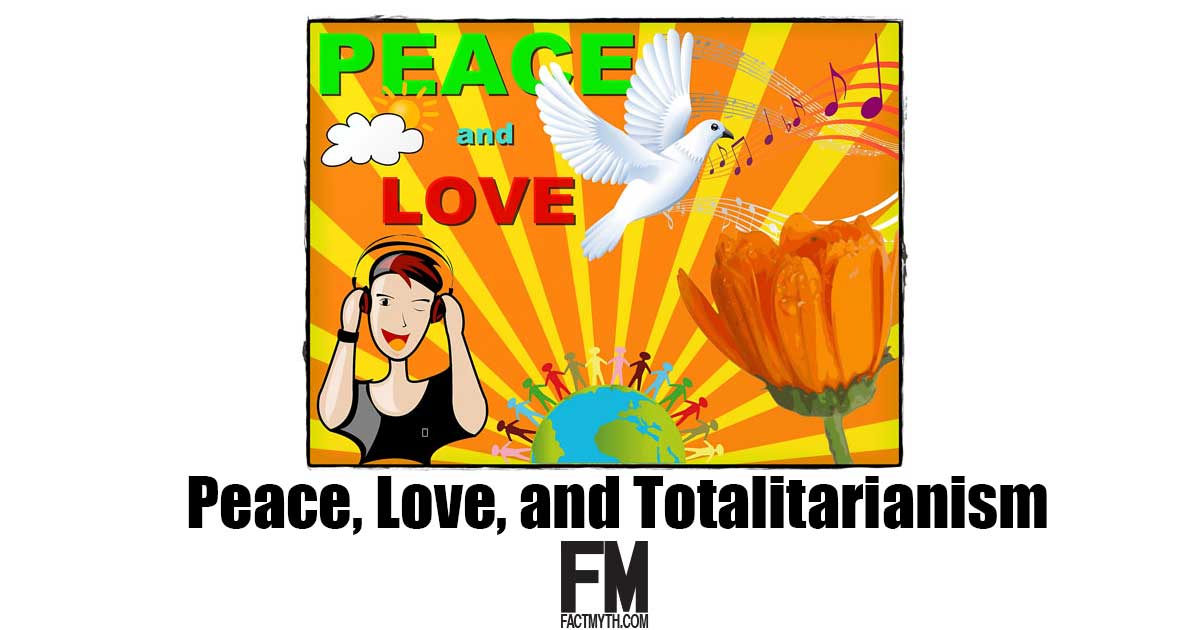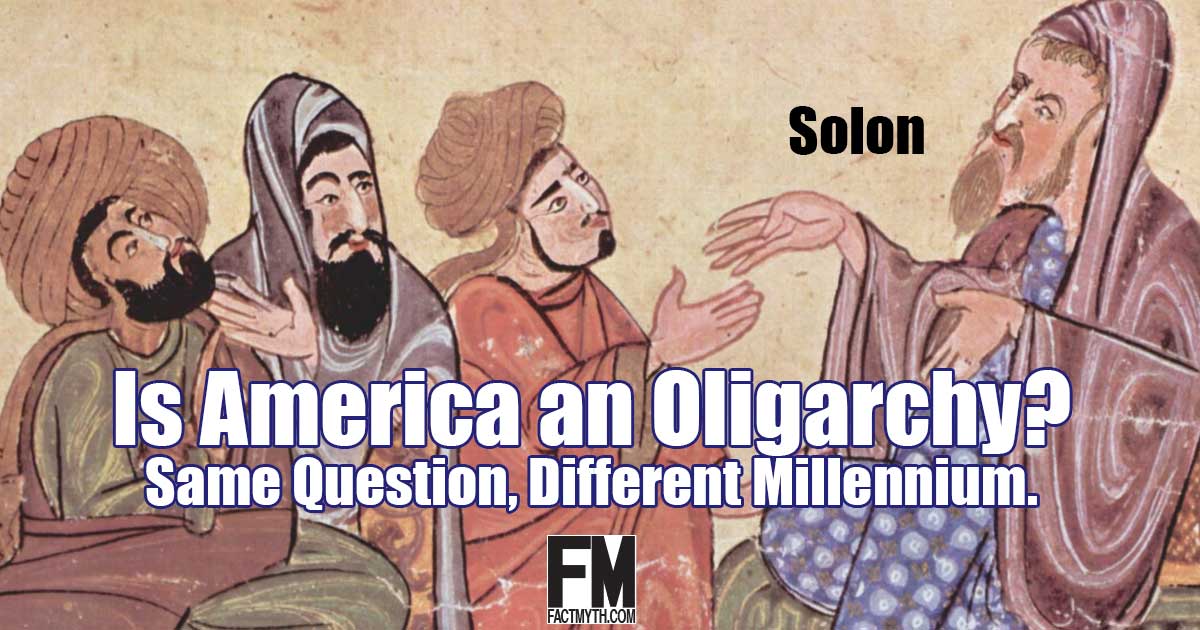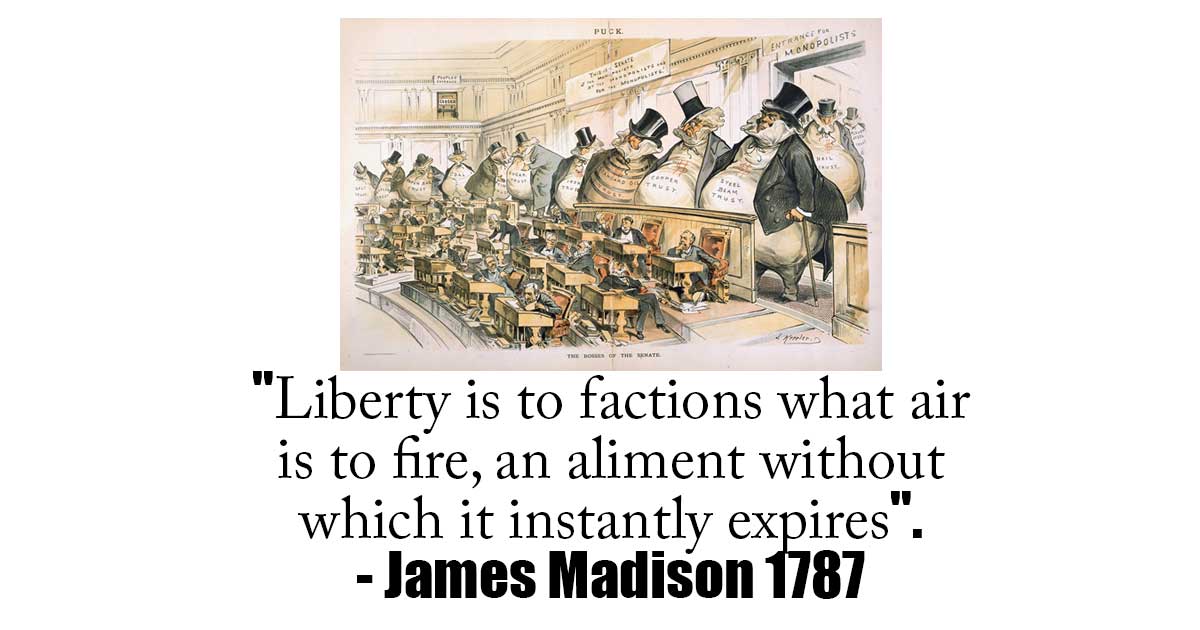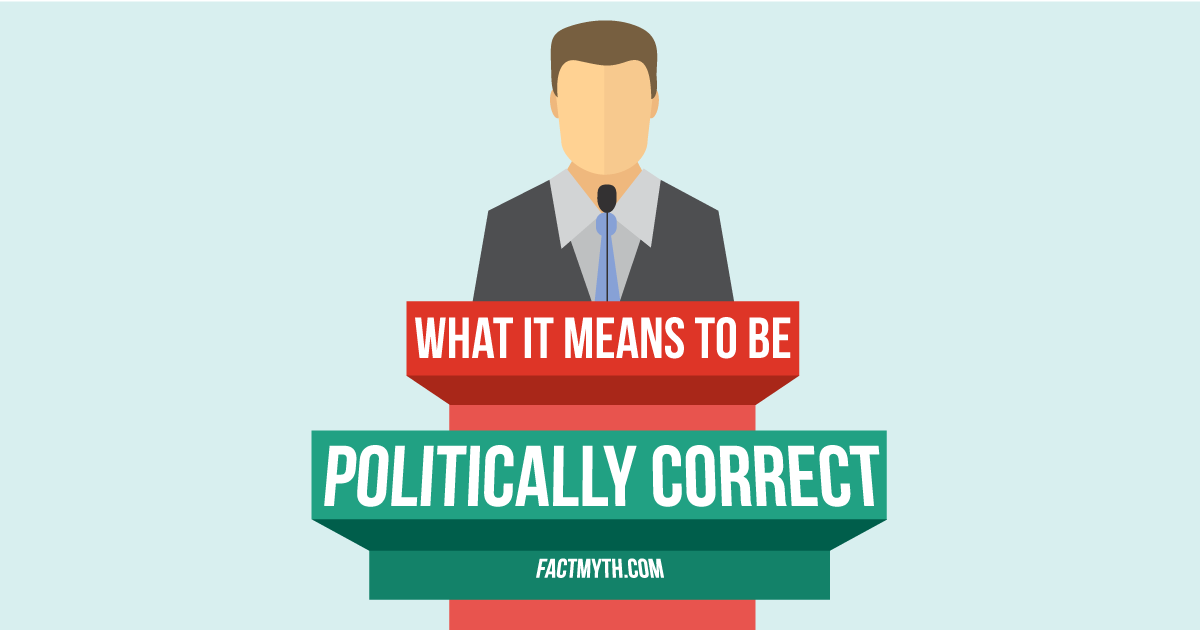In politics and philosophy liberty refers to the civil freedoms to which all people are entitled, in a state of nature it refers to total freedom. Given this we can say there are generally two types of liberty:
- Natural liberty: The complete freedom one has in a state of nature when not in a social compact with others.
- Civil liberty: Freedoms granted by the state, when one is in a social compact with others.
Liber in Latin means free, so Liberty broadly refers to the idea that all humans are born with inalienable rights (rather than these rights being bestowed upon them by a Government). The political philosophy born from the concept of liberty is “liberalism” (with conservatism being the push against this). See Hobbes, Locke, Hume, Burke, and Mill. The political philosophy that came after this addressed additional civil liberties necessary for a just state, and this is called social liberalism.
Although there is no agreement on the definition of Liberty (see nearly every political faction and war fought from 1688 on), we can broadly say liberty includes concepts such as: the social contract, freedom from kings, freedom of speech, religion, press, and assembly, freedom of trade, and generally the freedom to consent to be governed. Or perhaps, in sum, simply the freedom to pursue happiness.
The Romanticist version sees all men as naturally good and applies liberty to emotions, libertines apply it to the freedom to enjoy life’s sensual pleasure, libertarians accept social injustice in exchange for individual liberty, social liberals say humans can’t have liberty if they live in squalor, some think democracy breeds liberty, others think it can only be obtained in a republic ruled by law, some even think Monarchy or Communism is the path toward liberty… some, to the frustration of most everyone else, use liberty as an excuse to push their own special interests (as what is natural liberty if not deregulatory?).
We all agree liberty is one of the most important underlying concepts of humanity, but rarely do we agree on its meaning or the mechanics that it takes to achieve it.
According to John Locke’s Second Treatise of Government:
- “In the state of nature, liberty consists of being free from any superior power on Earth. People are not under the will or lawmaking authority of others but have only the law of nature for their rule. In political society, liberty consists of being under no other lawmaking power except that established by consent in the commonwealth. People are free from the dominion of any will or legal restraint apart from that enacted by their own constituted lawmaking power according to the trust put in it. Thus, freedom is not as Sir Robert Filmer defines it: ‘A liberty for everyone to do what he likes, to live as he pleases, and not to be tied by any laws.’ Freedom is constrained by laws in both the state of nature and political society. Freedom of nature is to be under no other restraint but the law of nature. Freedom of people under government is to be under no restraint apart from standing rules to live by that are common to everyone in the society and made by the lawmaking power established in it. Persons have a right or liberty to (1) follow their own will in all things that the law has not prohibited and (2) not be subject to the inconstant, uncertain, unknown, and arbitrary wills of others.”
Or as Jefferson put it quoting Locke,
- “That all men are by nature equally free and independent and have certain inherent rights, of which, when they enter into a state of society, they cannot, by any compact, deprive or divest their posterity; namely, the enjoyment of life and liberty, with the means of acquiring and possessing property, and pursuing and obtaining happiness and safety.”
Of course this message isn’t much different than the one that Aristotle writes in his version of the Athenian Constitution (350 BC) where he quotes Solon (who lived in 600 BC). Or, that Aristotle himself writes in his masterwork Nicomachean Ethics.
- ‘The purpose of all human acts is to procure happiness’ – (rough translation) Aristotle Nicomachean Ethics book 1, section 7. A book on moral virtue as understood by Aristotle.
